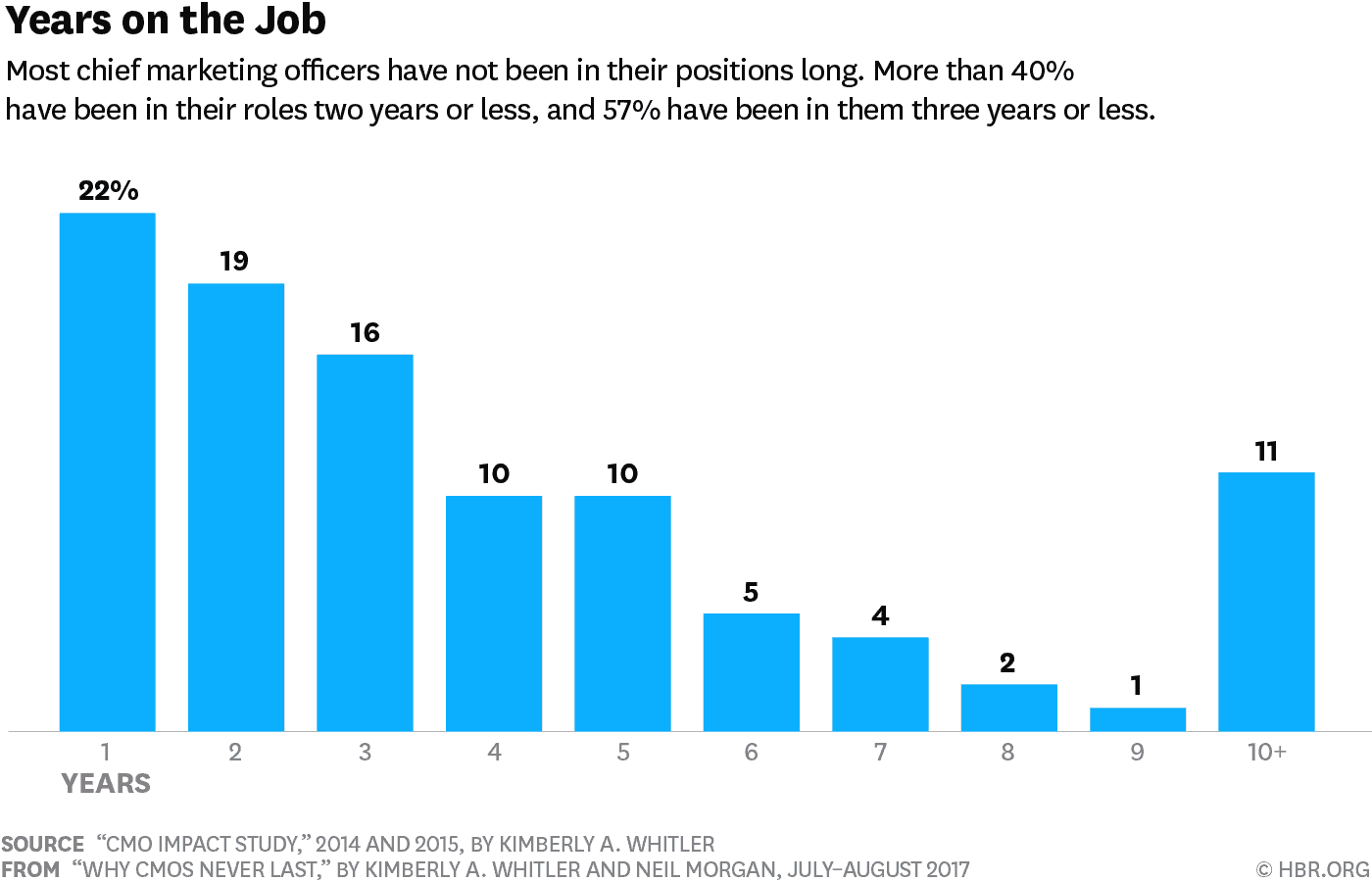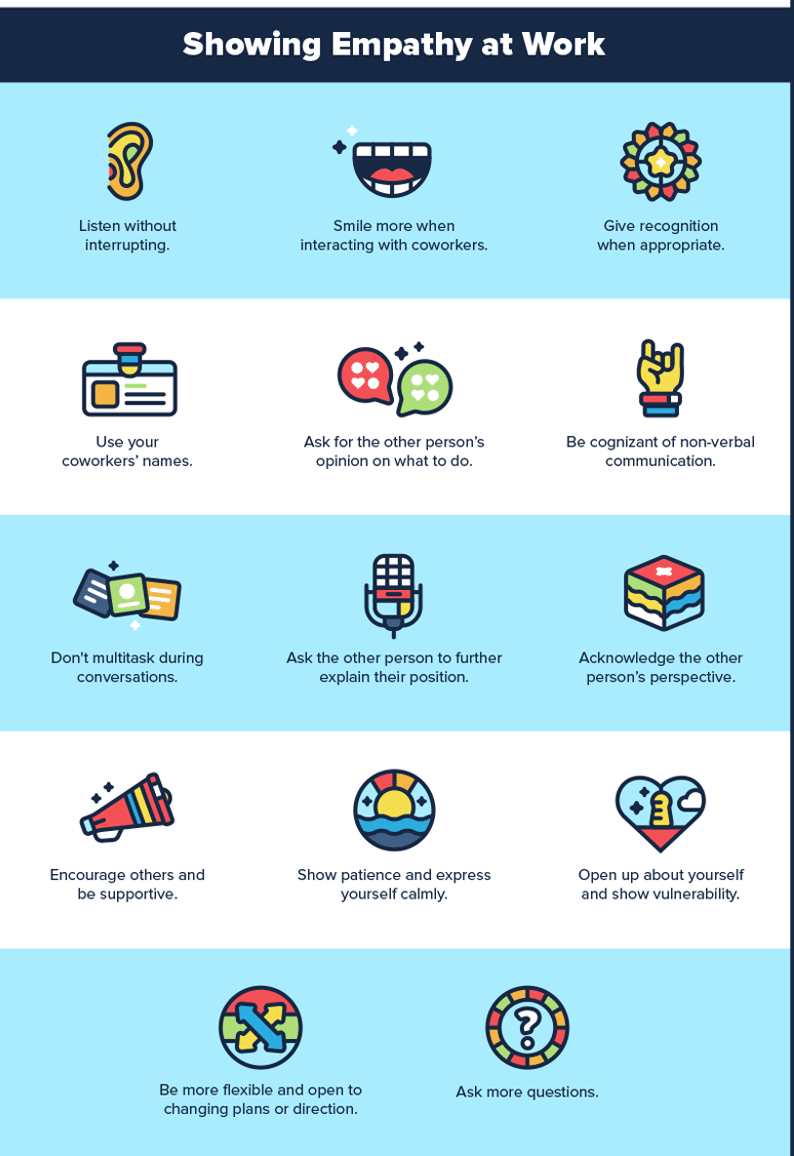
Why CMOs Need to Make “Being Nicer” Their #1 New Year’s Resolution
Being a CMO is an increasingly challenging job. In today’s world, marketing has evolved beyond simply advertising and branding to infiltrate all aspects of how a business is run. The role of the CMO has also had to change to keep up with the broadening definition of marketing.
Today’s CMOs are marketers, of course. But they’re also responsible for driving business culture change and innovation. They need to be a data whizz and understand data and analytics, and they must also be creative and expert storytellers.
But perhaps most importantly, CMOs need to play a diplomatic role and bring different departments together by finding common goals and promoting collaboration.
Quick Takeaways:
- The role of CMO is more important for business success than ever before, but a significant number of CMOs are failing to achieve what they set out to do.
- A key responsibility of the CMO is to bring different teams with different priorities together to work towards a common goal.
- Employing empathy and understanding is vital both to bring people together and to foster an open and innovative business culture.
Why Are So Many CMOs Failing?
More and more organizations are treating their CMO as the glue that holds the business together. According to a 2018 Forrester report, 90% of businesses see the CMO as “the connective tissue between different lines of business.”
An important role indeed! And yet CMOs have the highest average turnover rate of all the C-suite, with an average tenure of just 44 months.

Some organizations have even ditched their CMO completely. In 2017 when Coca-Cola’s CMO resigned, they didn’t replace him. Instead, they recruited a Chief Growth Officer. And budget airline EasyJet replaced its top marketer with a Chief Data Officer in 2018.
So what exactly is going on here? For such an important position, you would expect businesses to be crying out for good CMOs and doing all they could to get to them to stay as long as possible. Why are so many CMOs leaving, and sometimes not being replaced, after just a few years?
The issue is multifold, involving a rapidly expanding job role, changing expectations, the skills of the individual not matching the job description, and lack of authority and autonomy to perform their jobs to their full potential.
A successful CMO must be multi-talented. But also, perhaps more importantly, they must have the right personality and attitude to bring people together. They have to demonstrate empathy when working with individuals across different departments and job roles. In a nutshell, they must try to be a nicer person!
The Importance of Empathy in Bringing Teams Together
Today’s CMOs must be collaboration champions. Marketing is no longer seen as an expensive but necessary component of running a successful business. Rather, more businesses are understanding that marketing underpins everything they do and helps them to build better customer experiences.
While there’s a reason for pretty much every department to be involved in marketing, by far the most important departmental relationship is that between marketing and sales.
Marketing and sales teams are often lumped together in general discussion, but traditionally they have quite different functions and goals. The marketing team is focused on branding and long-term relationship building, while sales are all about converting leads into customers in the short-term.
These goals are related but in practice, the two teams are often at odds. If, for example, salespeople are under pressure to hit short-term sales goals, they may use tactics that damage the long-term relationship with the customer.
Marketers may also come under fire for focusing on generating more leads without trying to improve the quality of their leads. This means that salespeople waste time on leads that are never going to convert, or trying to sort through leads instead of concentrating on those with the most potential value.
Aligning the two teams can be a challenge, but when it’s successful, magic happens. Successful targeted marketing campaigns generate more qualified leads, and therefore more sales. The sales department benefits from marketing intelligence to close deals and feeds data back into the system so that future marketing campaigns are more effective.
Ultimately, it’s the CMO’s job to bring marketing and sales together. And they’re already starting off on the wrong foot by being on marketing’s “side”. The only way to overcome these objections is by employing empathy and fairness to make sure each side feels that they’re being listened to and understood.

Joe Tripodi, who has acted as CMO for companies including MasterCard, the Bank of New York, and Subway explains in an interview with Harvard Business Review that his responsibilities have shifted from marketing issues to “providing broader strategic leadership and encouraging the exchange of best practices and information across regions.”
You no doubt know someone incredibly charismatic who’s great at introducing people, bringing them together, and providing a calming influence when tempers get a little heated – an overall “nice” guy or gal. This is what CMOs must become if they’re going to succeed in their increasingly complex and demanding roles.
Building a Culture of Openness to Drive Innovation and Inspiration
Another vital role of the CMO in 2019 and beyond is to drive innovation. In today’s world of digital technology and Big Data, marketing is evolving faster than ever before. Businesses need to be creative and innovate if they’re going to stand out from their competitors.
But it would be ridiculous to suggest that one person is in charge of all these new ideas when you have the brains of an entire organization at your disposal.
Companies can reap huge benefits from listening to their employees’ ideas and developing them. The business not only benefits from more creative ideas that the marketing team may have not come up with on their own, but by activating your employees and demonstrating that their ideas and opinions matter, they’re happier and feel more fulfilled at work. More engaged employees lead to better customer service. The business thrives as a result.
I talk in my latest book, Mean People Suck, about how having an open door policy and taking the time to listen to employees at all levels and seek input from other teams is critical for fostering this culture of creativity and innovation.
The former CMO of Home Depot, Trish Mueller, explains that she makes herself as approachable to employees as possible so they always feel comfortable coming to her with new ideas or any issues they’re facing. She points out, “You never know where the next innovation may come from, and you’ll never hear it unless you dig in with the team.”
So, if you’re a CMO, and you’re hoping to be successful in your role in 2020 and beyond, the key may be in developing your people and emotional “soft” skills, rather than concentrating on data and technology.
Rather than ruling with an iron fist, use your people skills to encourage employees to work better with you and with others, and reap the rewards that come from a supportive business culture and engaged employees.
If you are ready to get more traffic to your site with quality content that’s consistently published, check out our Content Builder Service. Set up a quick consultation, and I’ll send you a free PDF version of my books. Get started today and generate more traffic and leads for your business.






